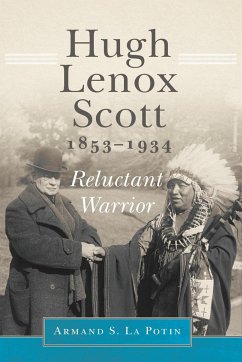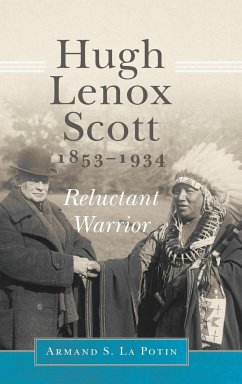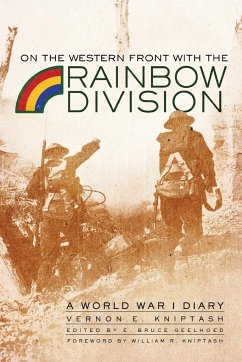A newly minted second lieutenant fresh from West Point, Hugh Lenox Scott arrived on the northern Great Plains in the wake of the Little Bighorn debacle. The Seventh Cavalry was seeking to subdue the Plains tribes and confine them to reservations, and Scott adopted the role of negotiator and advocate for the Indian "adversaries." He thus embarked on a career unique in the history of the U.S. military and the western frontier. Hugh Lenox Scott, 1853-1934: Reluctant Warrior is the first book to tell the full story of this unlikely, self-avowed "soldier of peace," whose career, stretching from Little Bighorn until after World War I, reflected profound historical changes. The taste for adventure that drew Scott to the military also piqued his interest in the tenacity of Native cultures in an environment rife with danger and uncertainty. Armand S. La Potin describes how Scott embraced the lifeways of the Northern Plains peoples, making a study of their cultures, their symbols, and most notably, their use of an intertribal sign language to facilitate trade. Negotiating with dissident bands of Indians whose lands were threatened by Anglo settlers and commercial interests, he increasingly found himself advocating federal responsibility for tribal welfare and assuming the role of "Indian reformer." La Potin makes clear that "reform" was understood within the context of Scott's own culture, which scaled "civilization" to the so-called Anglo race. Accordingly, Scott promoted the "civilization" of Native Americans through assimilation into Anglo-American society-an approach he continued in his later interactions with the Moro Muslims of the southern Philippines, where he served as a military governor. Although he eventually rose to the rank of army chief of staff, over time Scott the peacemaker and Indian reformer saw his career stall as Native tribes ceased to be seen as a military threat and military merit was increasingly defined by battlefield experience. From these pages the picture emerges of an uncommon figure in American military history, at once at odds with and defined by his times.
Hinweis: Dieser Artikel kann nur an eine deutsche Lieferadresse ausgeliefert werden.
Hinweis: Dieser Artikel kann nur an eine deutsche Lieferadresse ausgeliefert werden.








